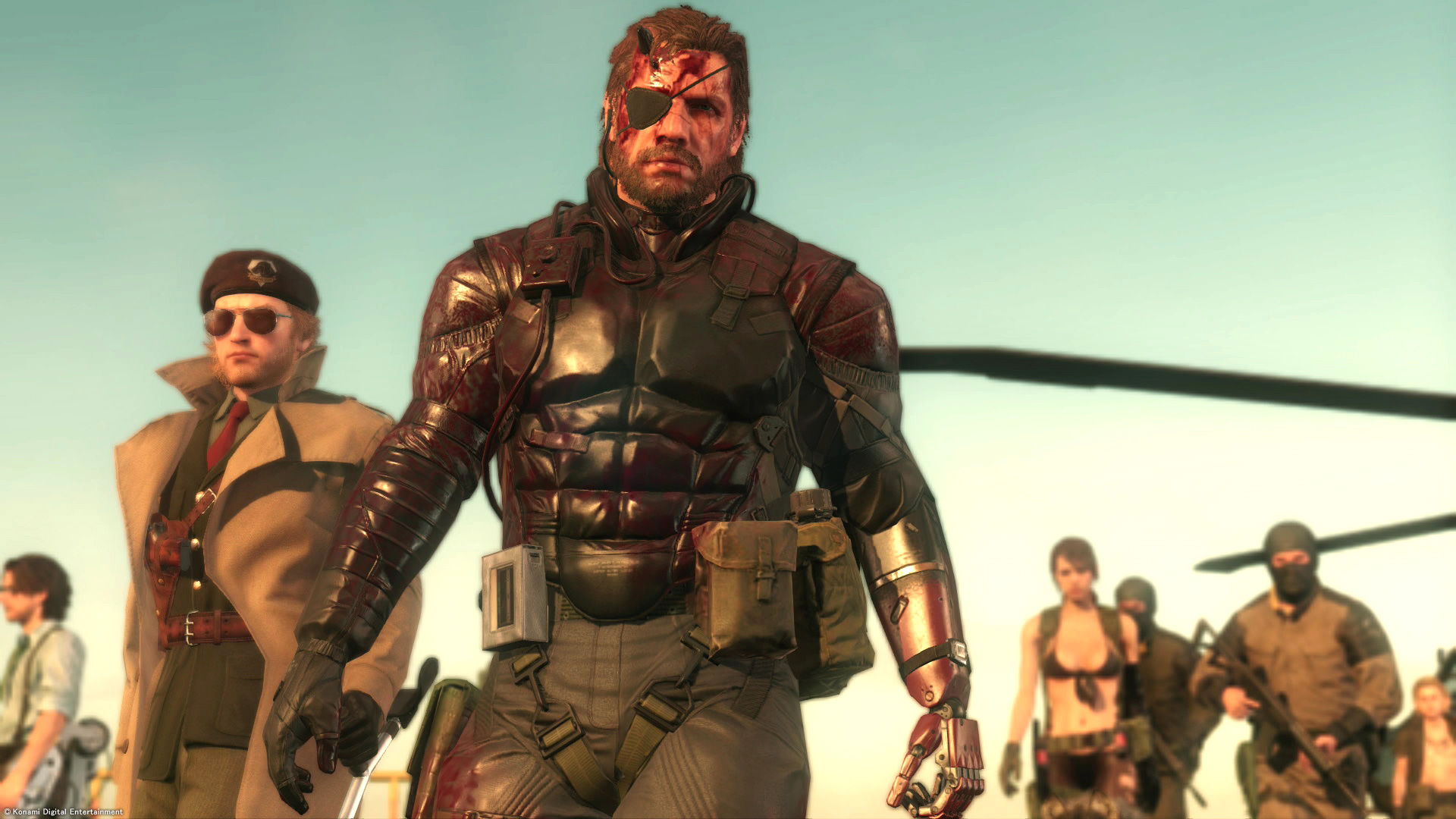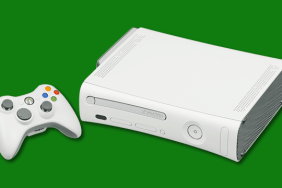"Building the future and keeping the past alive are one and the same thing."
[Update: The multiplayer modes for Metal Gear Solid V are live, but as GR's Jonathan Leack explains in his two features, Metal Gear Online is a shaky experience right now and the FOB invasion and insurance services negatively impact the game both online and offline. Consider dropping the score a half-star to a 4/5 if this would seriously impair your experience with MGSV. ~Ed. Nick Tan]
For my 13th birthday, at the cusp of teenagehood and still not ready to talk to girls, there was only one thing I wanted: Metal Gear Solid. [And yes, we have an old-school review for it. ~Ed. Nick] I had read the reviews. I spent almost ten dollars on a magazine I never even read because it had the Metal Gear Solid demo contained within. I was a fan before the opening credits could roll. So, when I tore open the wrapping and saw the red logo against a solid white backdrop, I called off my birthday party. I pushed past my friends and threw the disc into the PlayStation tray, turned on the TV, pressed the power button and waited.
And waited.
After a few seconds I looked down at my PlayStation and saw the dead look in its eye. I finally had the greatest game of my adolescence in my hands and my PlayStation took a big fat steaming one right in front of me. I was convinced it had done so on purpose, using its last breath to teach me the importance of friendship or something.
Eventually, I did play it, cherished and worshipped it, and here I am today writing what feels less like a review and more like a eulogy. Metal Gear Solid V: The Phantom Pain marks the end of an age, the end of the video game auteur, the end of the artist and big business working in unison. It's been a rough year waiting for the The Phantom Pain after news of Hideo Kojima's departure from both the company and the franchise, as well as the subsequent reports of the treatment of Konami's employees. What's left in the wake is Kojima's playable swan song, and what a song it is. Metal Gear Solid V: The Phantom Pain is the culmination of everything that came before it, resulting in not only the most well-realized Metal Gear Solid but one of the finest games of 2015.
I intend to keep this review spoiler-free, so the only thing I will say about the story is that it starts immediately after the end of Ground Zeroes and hits the ground running. Have you played Peace Walker? The Phantom Pain assumes that you have. I found myself having to go back and watch recaps because in typical Kojima fashion, the story is a hodgepodge of current events, dramatic metaphor and nostalgia for characters you can't remember. To be fair, this is exactly what Metal Gear fans want to hear, so you're in luck.
Say goodbye to story via Codec, however. Gone are the days of watching drama unfold between two talking heads. As if written for millennials in mind, a lot of The Phantom Pain's meaty story is delivered podcast-style via your iDroid. Players can pick and choose when to listen to story summaries, mission briefings and conversations between Big Boss, Miller, and Ocelot. Handy, for those who can multi-task taking down an enemy camp and listening to Miller ramble on about all of the phantom pains he is feeling. Seriously, this game will try and hammer the not-so-subtle metaphor into your head. But that's Metal Gear for you.
Listening to the cassette tapes will give you a better idea of Keifer Sutherland's portrayal of Big Boss, too, as a lot of cutscenes feature other characters telling him what to do while he just sort of stares out into the wastelands of Afghanistan. It can be a little jarring, considering how much hype was built up for Keifer's involvement in the project. Whether this is the result of budgetary concerns or last-minute cuts is hard to say, but it is noticeable. Thankfully, you also have Troy Baker portraying Revolver Ocelot, who channels the flair and gusto of the original MGS villain.
What elevates Metal Gear Solid V above its predecessors is its gameplay. Previous games in the series always had engaging boss battles and encounters but could feel stilted with wonky control schemes and camera angles. Those who have played Ground Zeroes will already know how well The Phantom Pain controls. Complete 360-degree control of the camera, on-screen button prompts and shooting control that more closely resemble modern third-person shooters.
There is a dedicated button for your binoculars, which if that sounds like a waste, you're playing it wrong. Unlike the linear structure of previous games, The Phantom Pain has a highly-explorable open world. You can sneak into camps and fortresses from any angle, and the binoculars are essential in scoping them out before a mission. The binoculars also tag enemies, letting you see their movements, even through walls. Gone are the days of cone-dodging, as planning your attacks in advance become crucial.
This opens the door to creative approaches, something the series has always reveled in. You can go in guns blazing, you can sneak in at night or during the day, you can tell your horse to poop (though I'm not sure if that provides any tactical advantage). You can call in air strikes or helicopter support. You can capture enemies and recruit them to your cause, using the Fulton air recovery system—which is the best thing of any video game ever. Those who actually played Peace Walker will be familiar with the item's implementation, but it still makes me laugh every time I send a random soldier skyrocketing back to Mother Base.
This is the first Metal Gear Solid where you do not have to infiltrate alone. While the Metal Gear gods did not grant us full single-player co-op, they did give us the buddy system. Before each mission, you select your loadout, which includes weapons, items and color coordinating your outfit which is important, as odd as that sounds: Is this a day or night mission? Will I be in the sands or in the forest? Scarf or no scarf?
In addition, you also select a companion to accompany you on your mission. At first, it's just a horse (and again, I must stress that you can command it to poop). Soon after that, though, you will find a little random puppy that will grow up to be a patch-wearing killing machine. He will help you find hidden enemies and attack on command. If that doesn't sound adorable, I don't know what is. A sniper by the name of Quiet can also join your battle, who is just as deadly as she is barely clothed.
While "Boss" may just be a codename, it is a fitting title as The Phantom Pain also tasks you with running Mother Base, a proto-Outer Heaven. You will have to collect resources during missions, capture soldiers and utilize their talents to keep Mother Base operational. This in turn provides you with combat benefits, such as intel on enemy bases and better weapon upgrades. Also, cardboard boxes. Because it wouldn't be Metal Gear without cardboard boxes.
Side note on the cardboard boxes: When wearing one, go up to the top of a hill and press the dive button. You're welcome.
All of this is built on the Fox Engine, the cross-platform, cross-generational, cross-genre game engine designed by Kojima Productions. If a case ever was to be made for Konami to continue game development, the Fox Engine would be the reason. The hills and deserts of Afghanistan come to life with exquisite detail and lighting. The lighting in particular is noticeable for its accuracy. Look out the window from a dimly lit room during high noon and you will be blinded for a second. Stay up to watch the sunrise as it paints the Afghani hills in beautiful shades of red and orange. Metal Gear has always been about using the shadows, but this engine makes you want to pull up a lounge chair and catch some rays.
Even better, all of this runs at a buttery-smooth 60 FPS at 1080p. The game refuses to buckle under the weight of chaos, even as enemies and reinforcements come in to flush you out. In today's age of day-one patches and game-crashing bugs becoming the norm, it's nice to sit down and play a game that not only works, but shines. The Phantom Pain sets the new standard for games to show off to family members who don't understand video games. If they don't understand, just show them the puppy.
There are two online components to The Phantom Pain: Metal Gear Online, which is slated to release in October on the consoles, and Forward Operating Base, which goes online the same day as release. As of this writing, I have been unable to confirm the functionality/fun of the FOB. While there have been swirls of reports about it being essentially locked behind a paywall, all I can say is that there seems to be no bearing on the single-player campaign.
To everyone who grew up with Metal Gear Solid, especially the ones who bought Zone of the Enders for the Metal Gear Solid 2 demo, Metal Gear Solid V: The Phantom Pain is an experience that will never be forgotten. While it is sad that we may never see another Metal Gear with Kojima's vision, he gave us one hell of a goodbye. Thank you, Big Boss.
-
Open-world soldier's paradise
-
Rewards outside-the-cardboard-box thinking
-
Modern controls greatly enhance the Metal Gear experience
-
A lengthy adventure that never grows tiresome
-
Beautiful presentation across all platforms
-
Provides good closure to decades of Metal Gear
-
Narrative lows and highs
-
Consumer unfriendly micro-transactions
MGSV: The Phantom Pain Review Gallery
-
The box
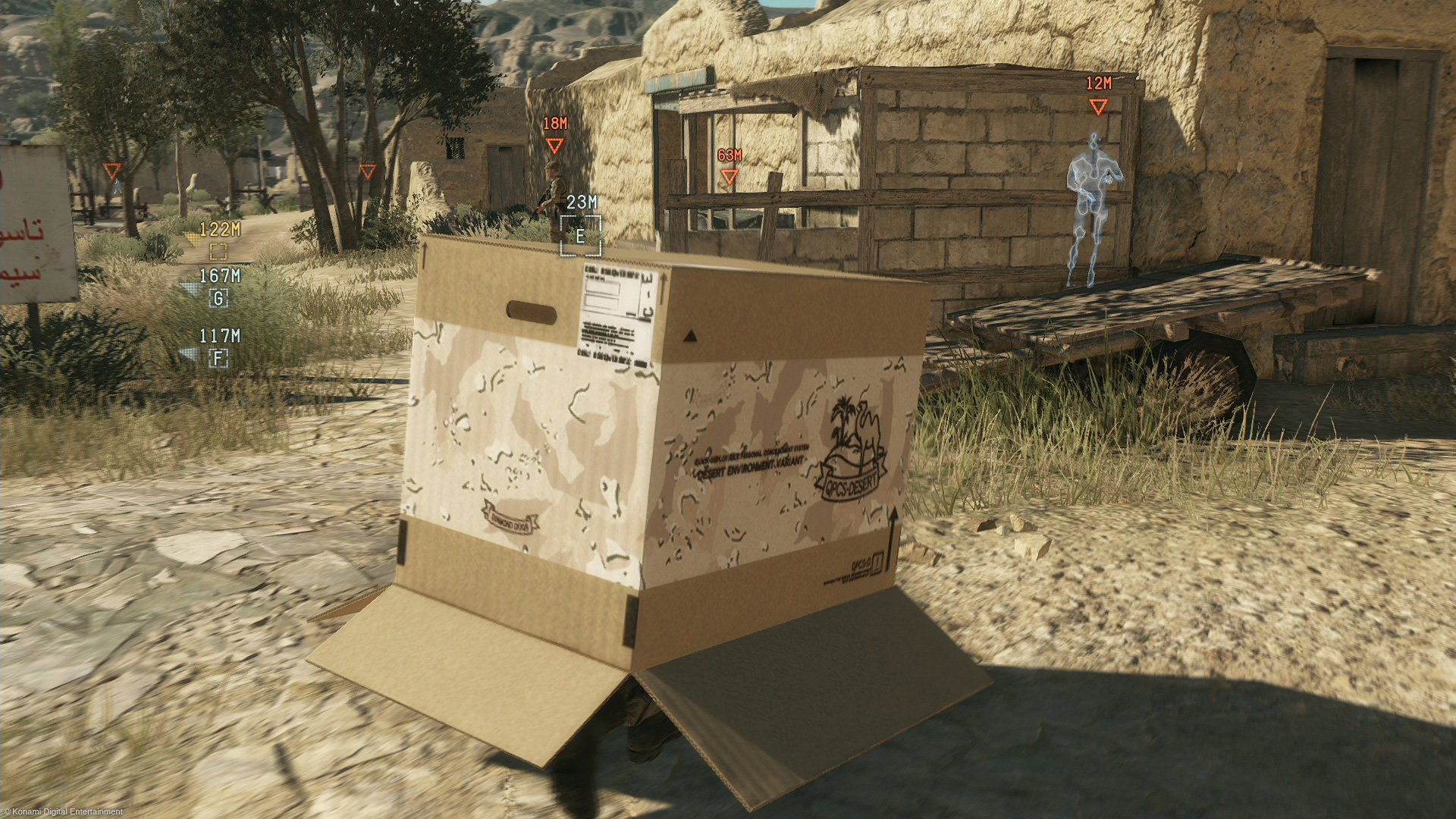
-
Dumpster diving
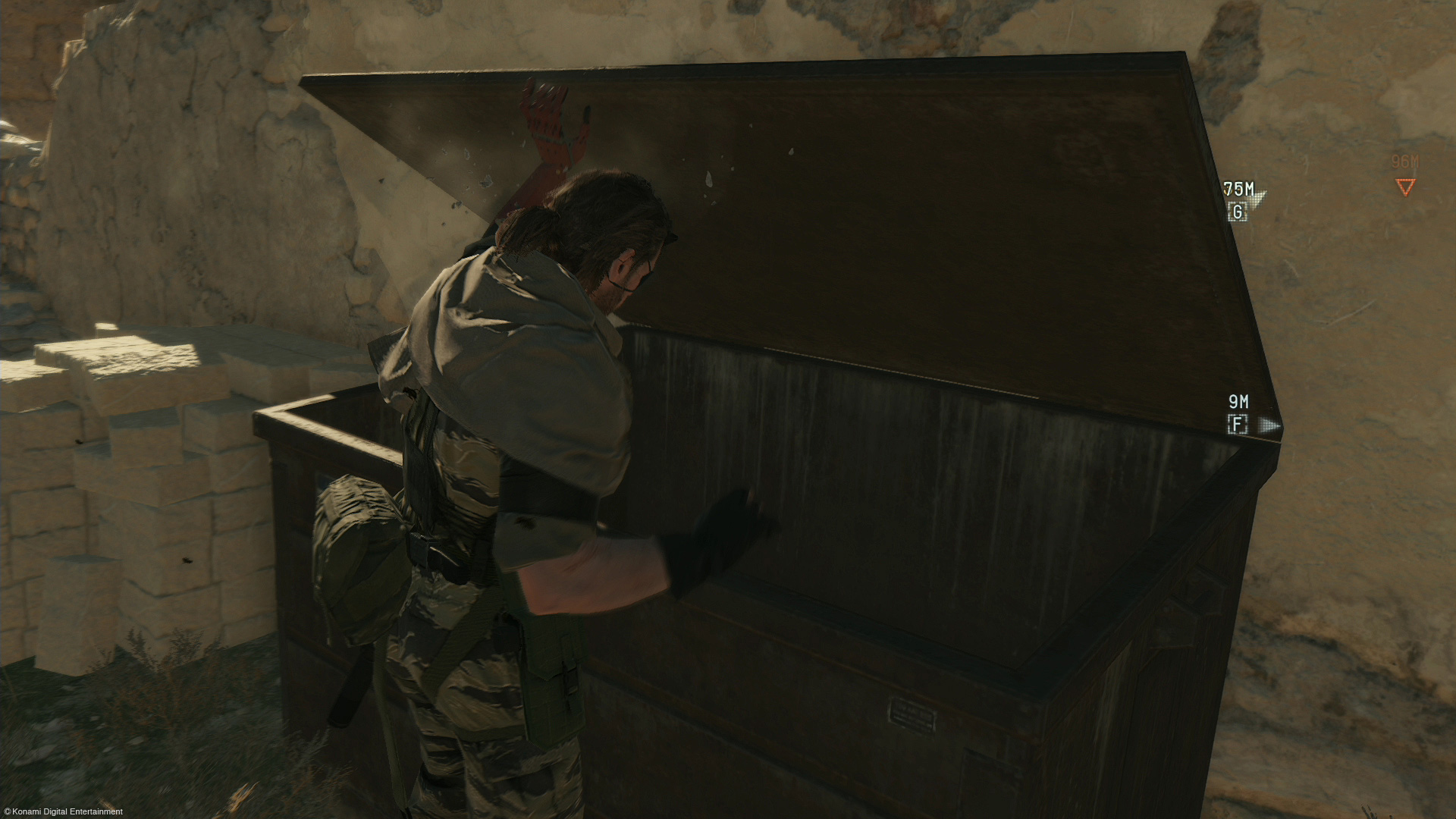
-
A farewell
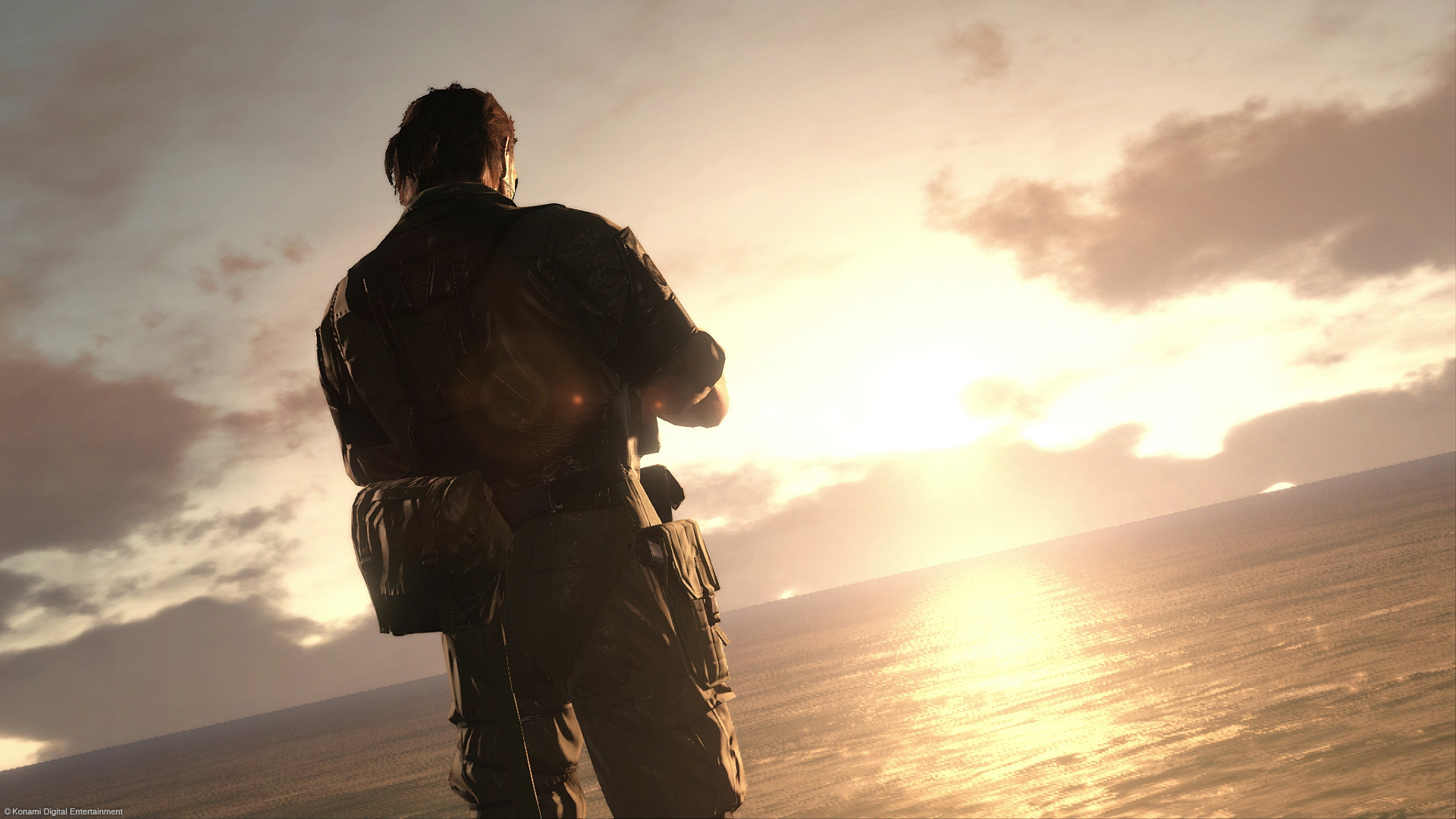
-
Horseback Riding
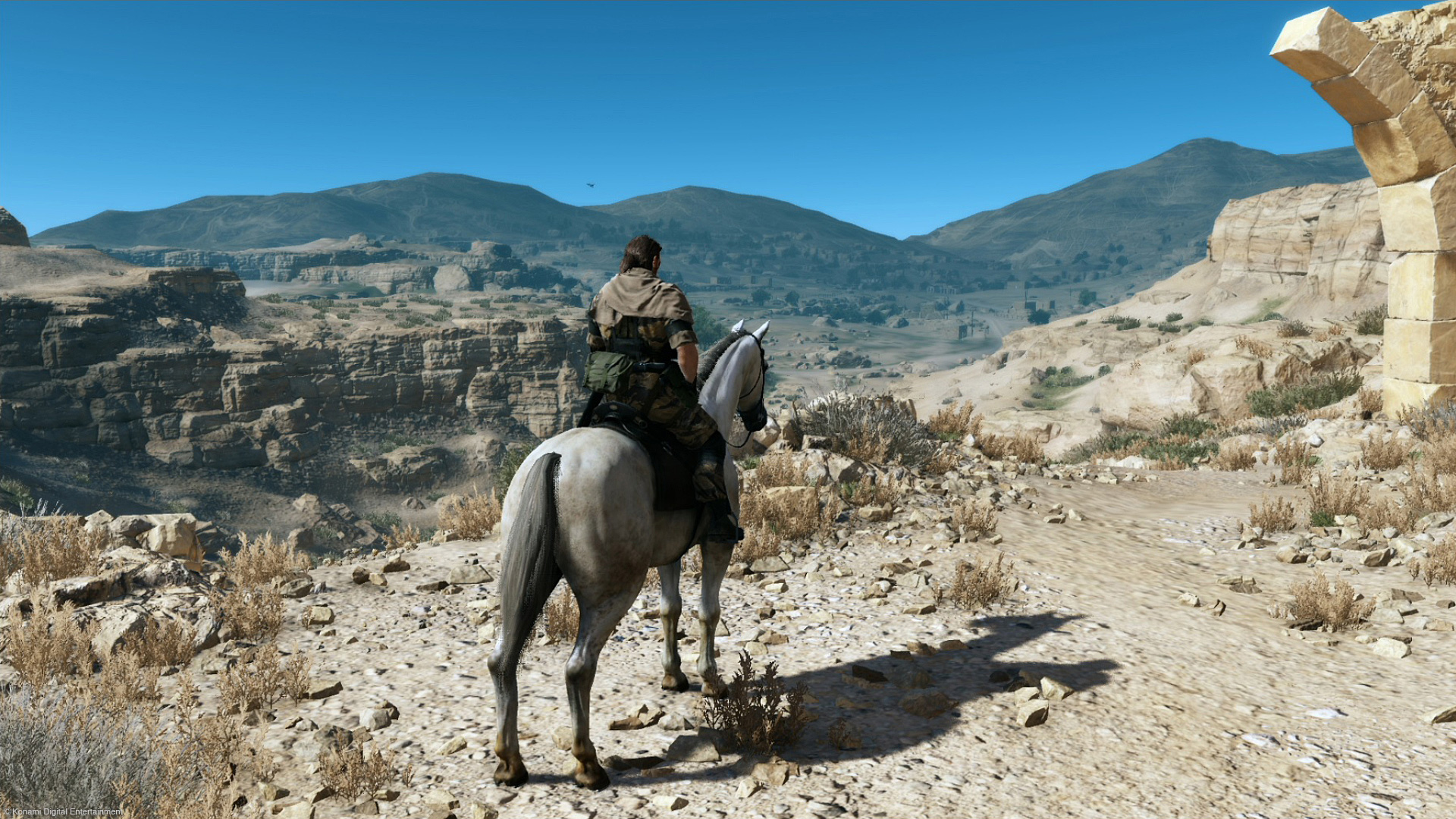
-
Cover
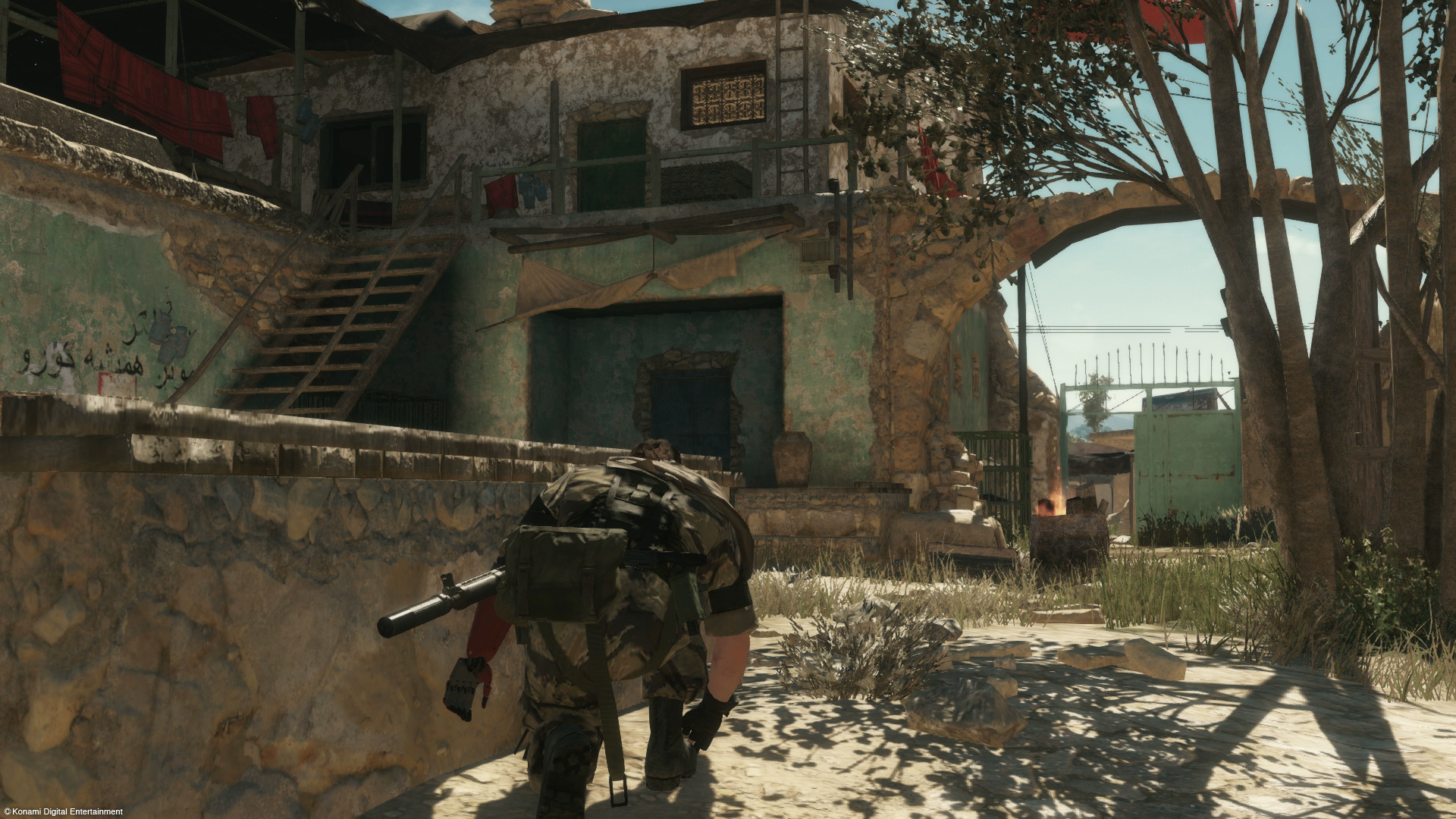
-
Danger
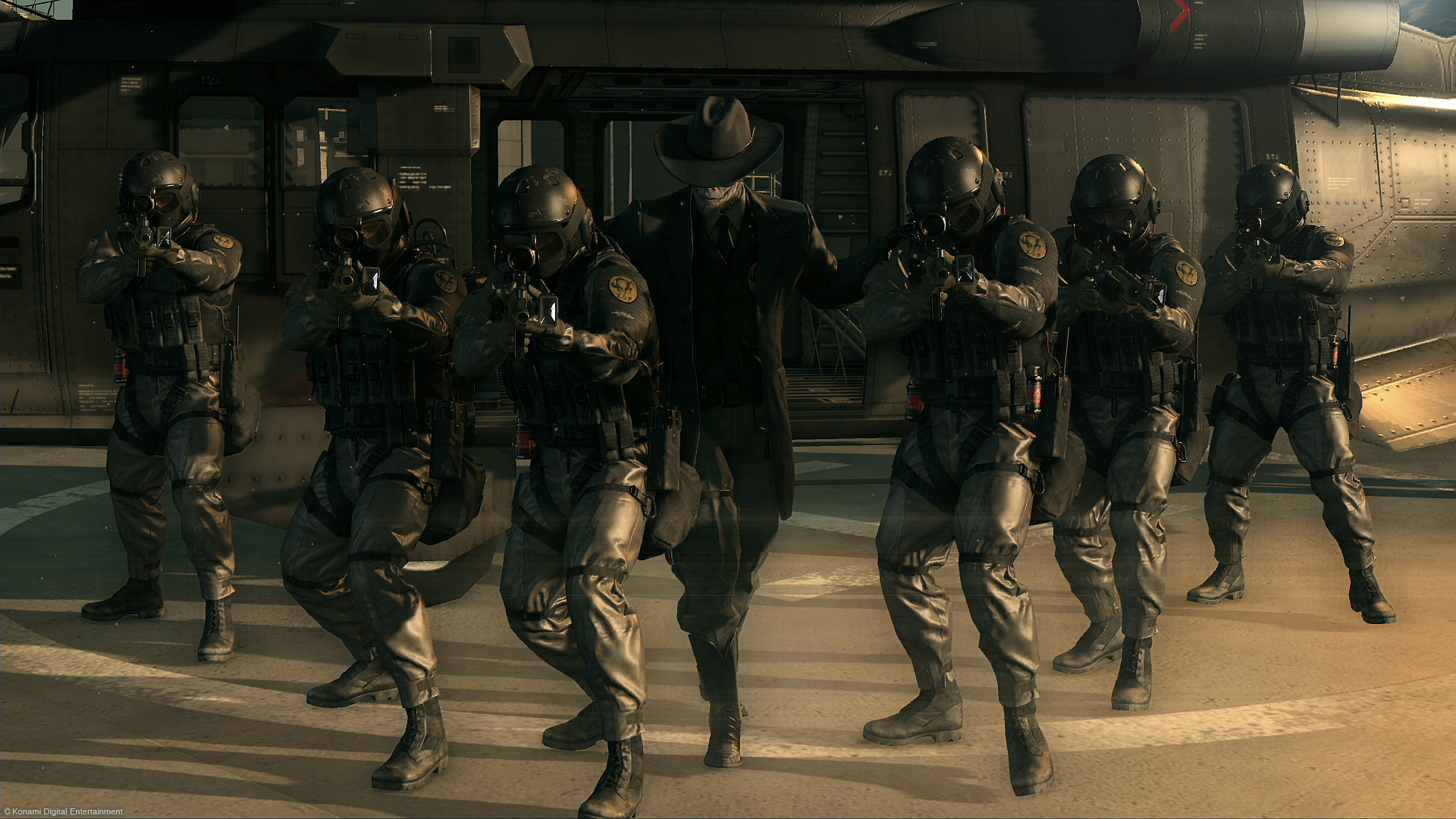
-
Rescue mission
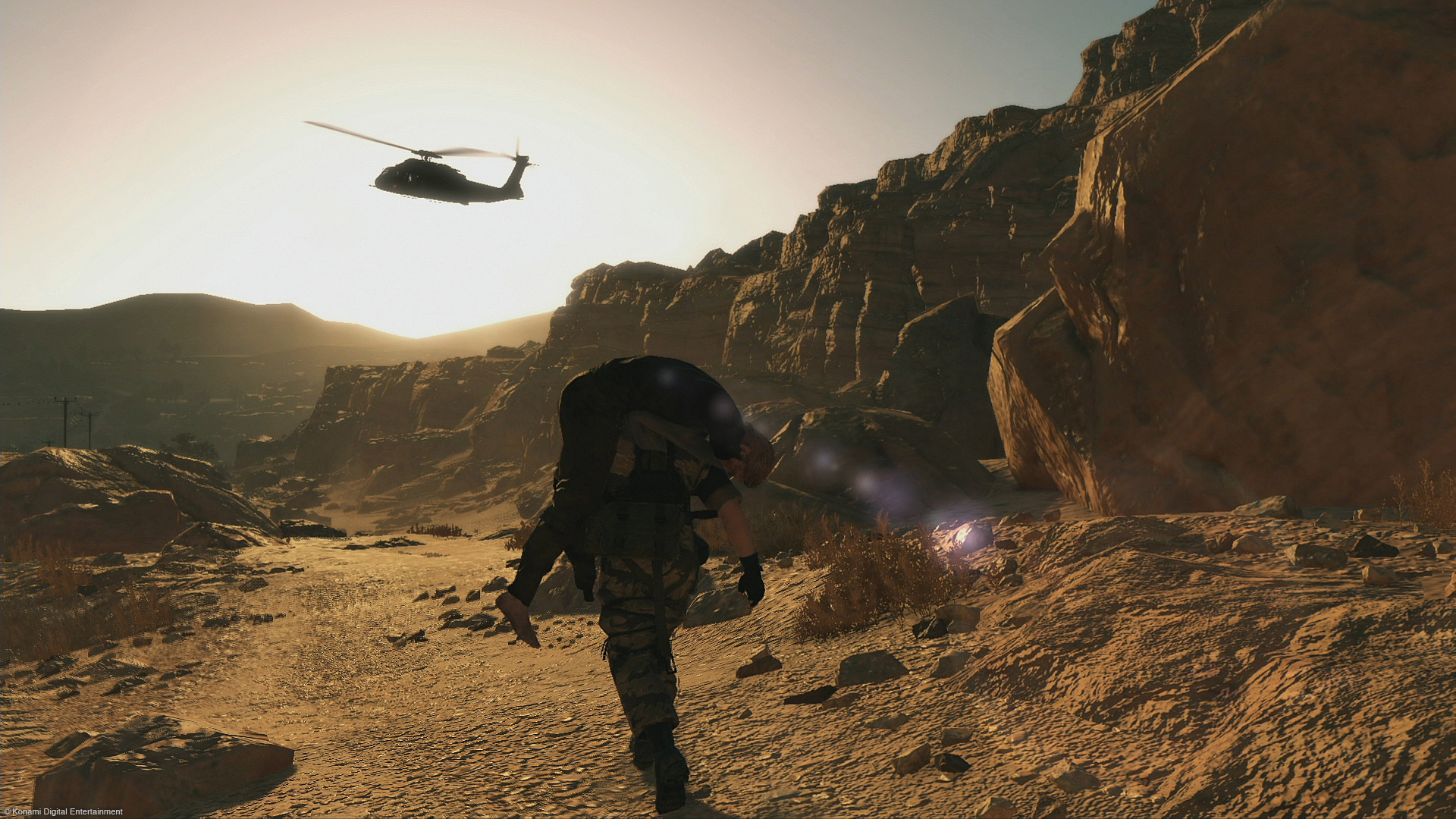
-
A serious conversation
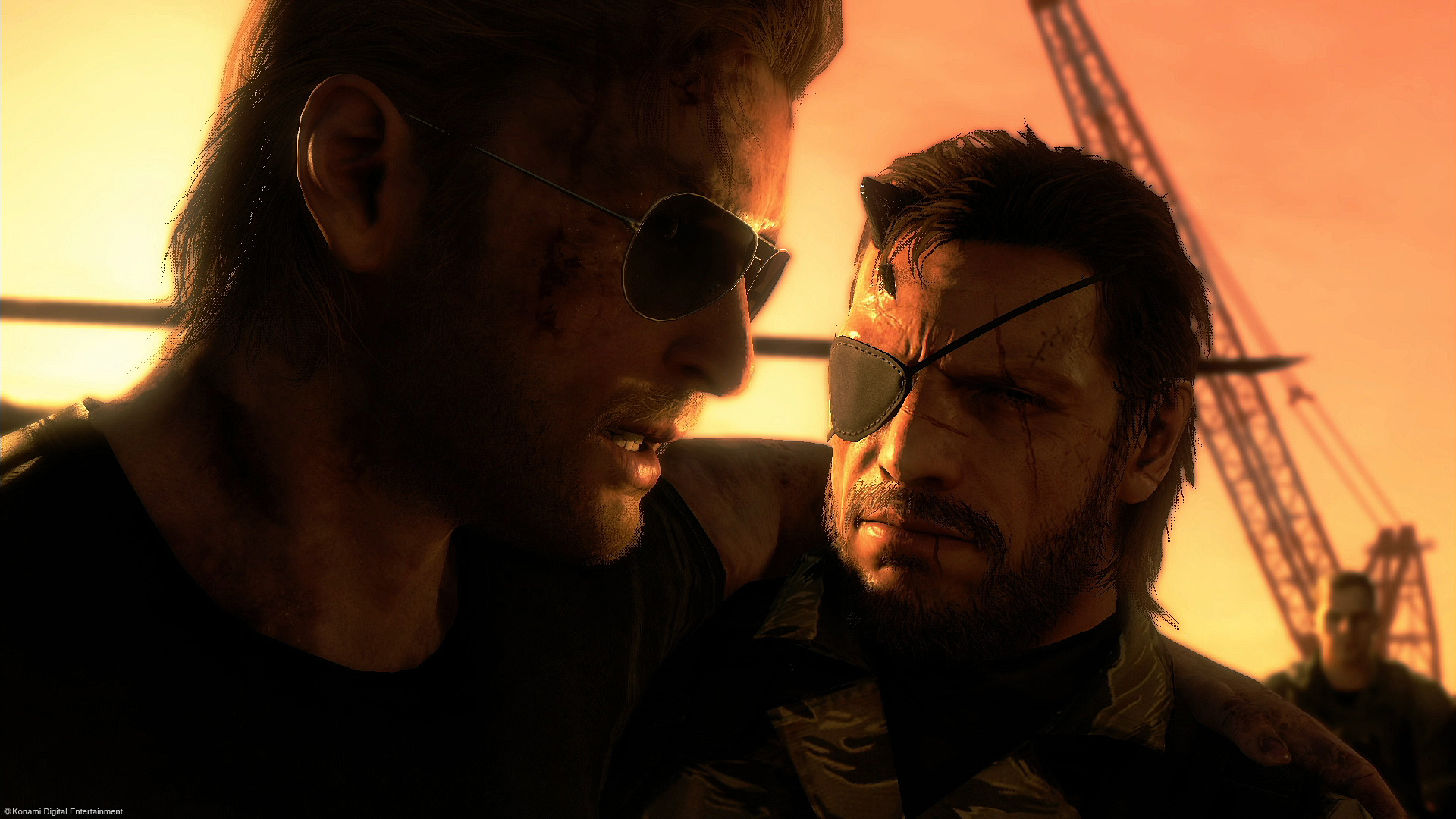
-
Wildlife
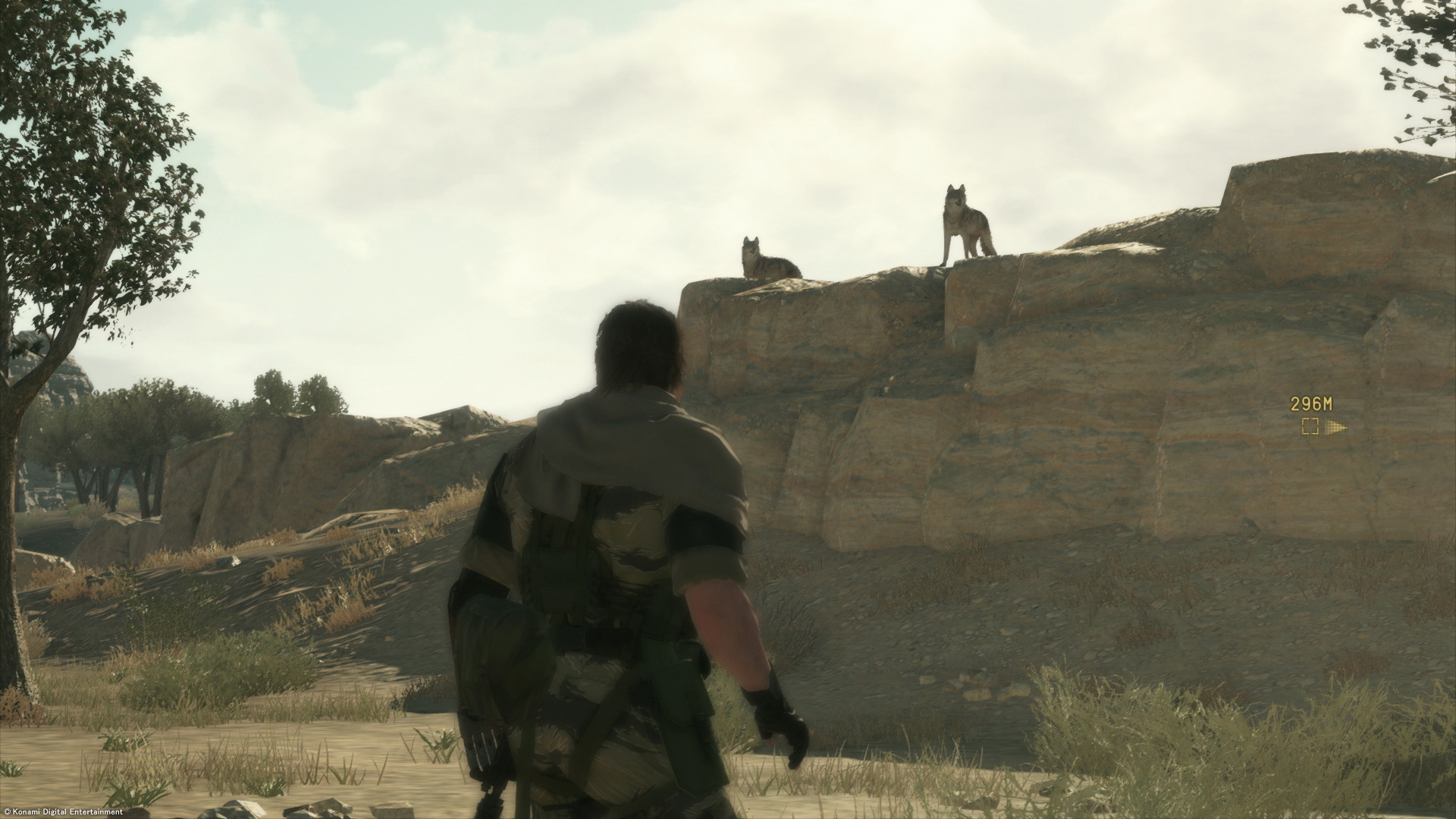
-
Night mission
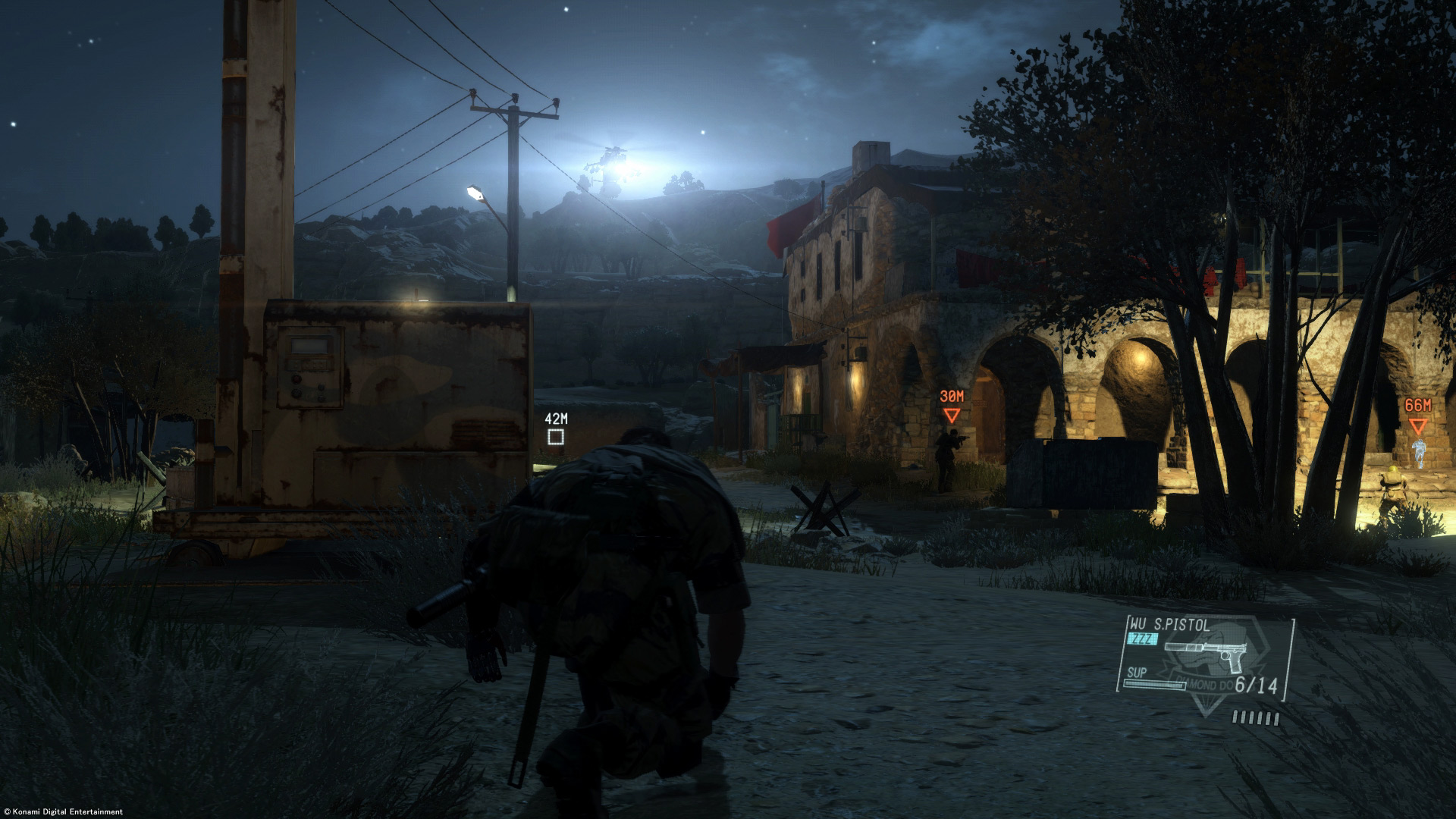
-
Quiet
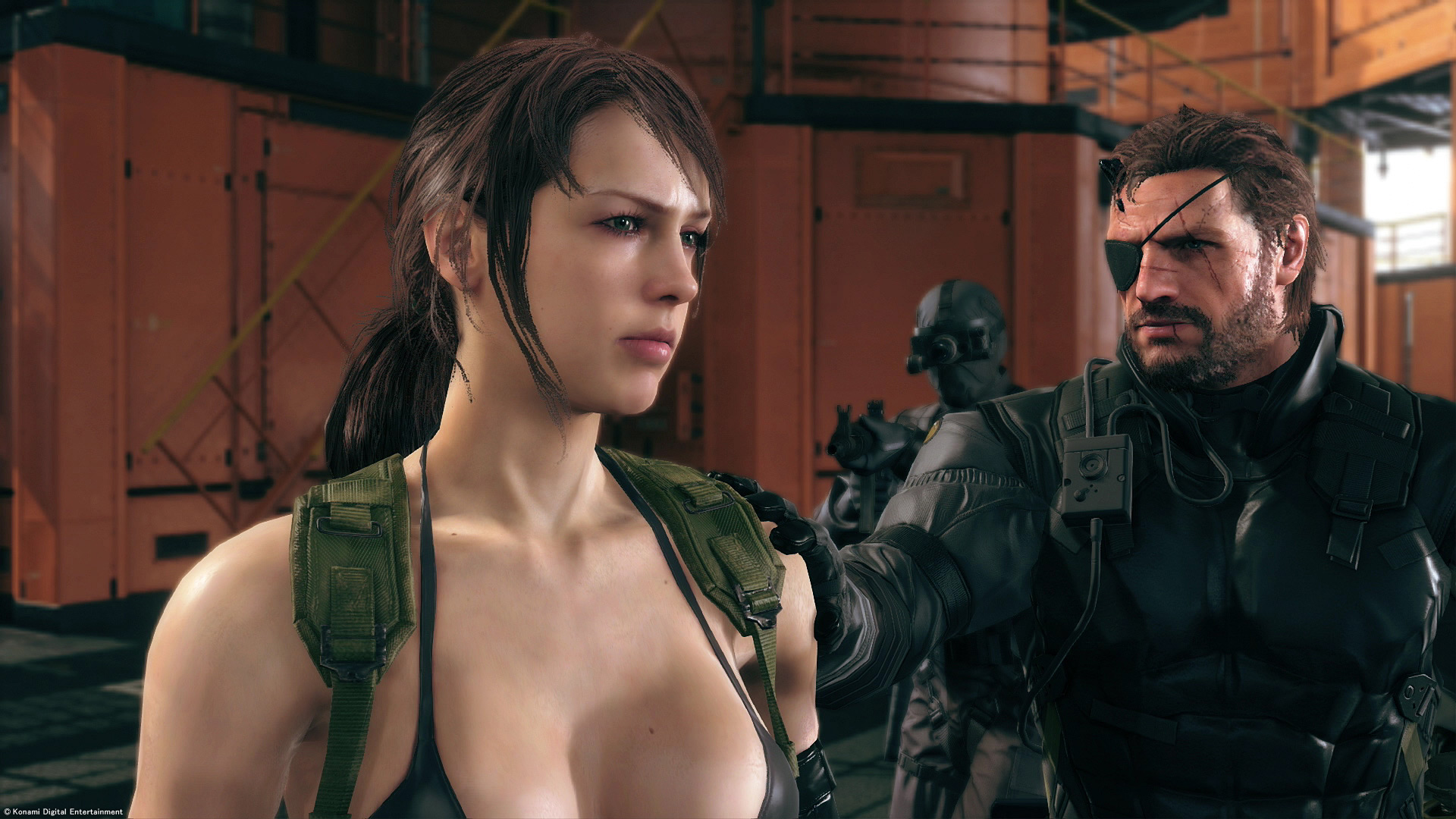
-
Climbing
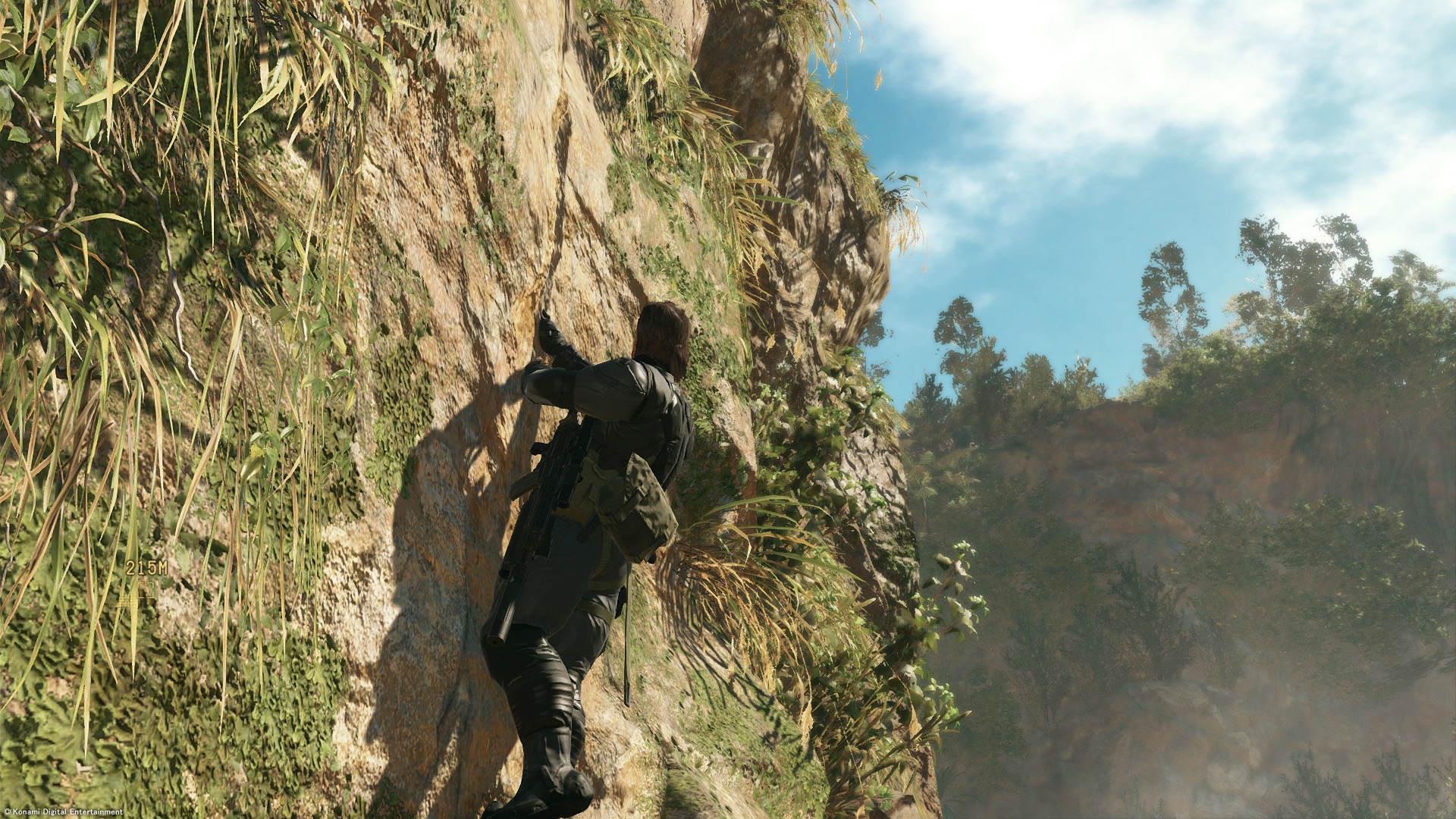
-
Motherbase
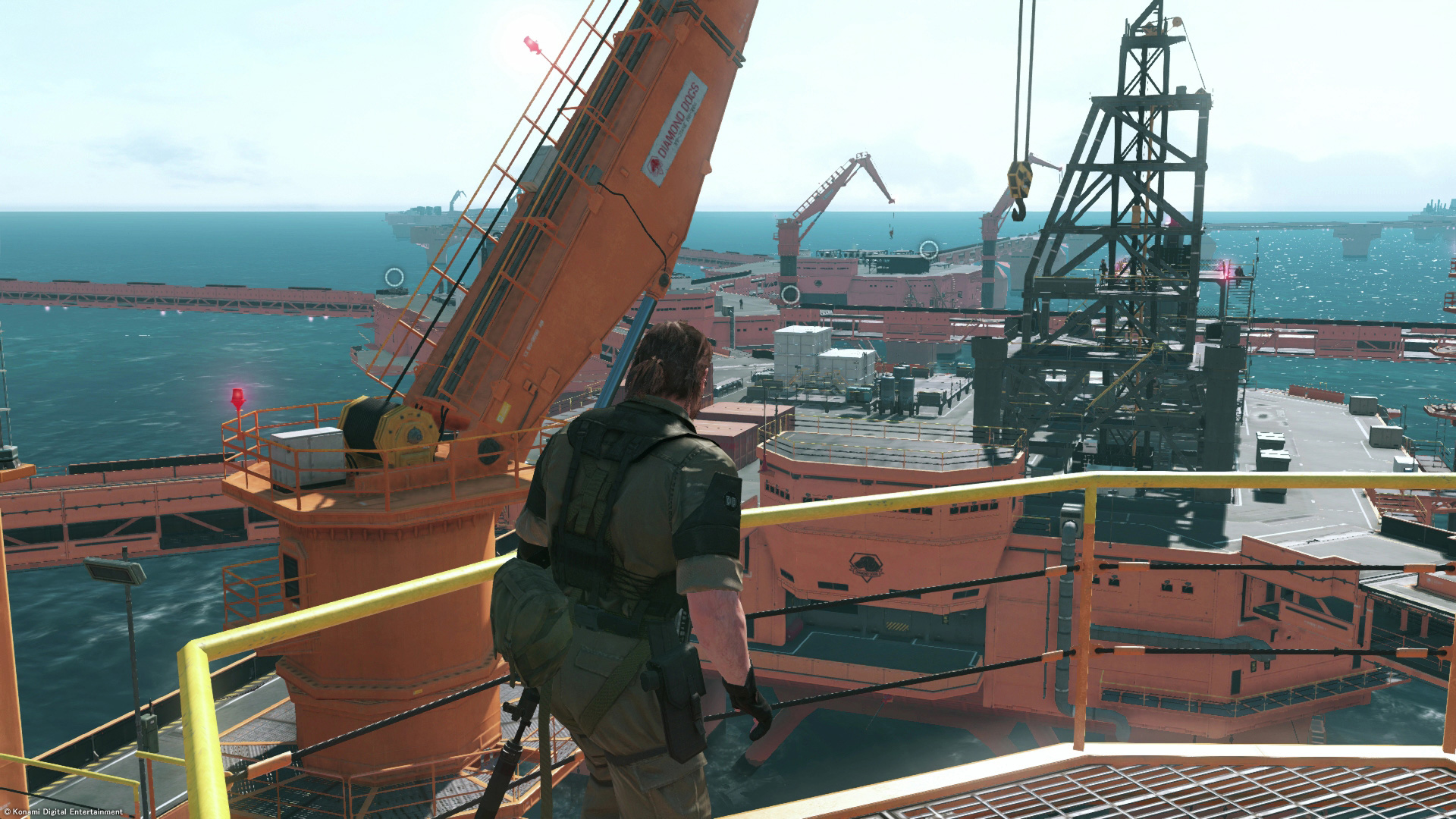
-
MGSV Gameplay
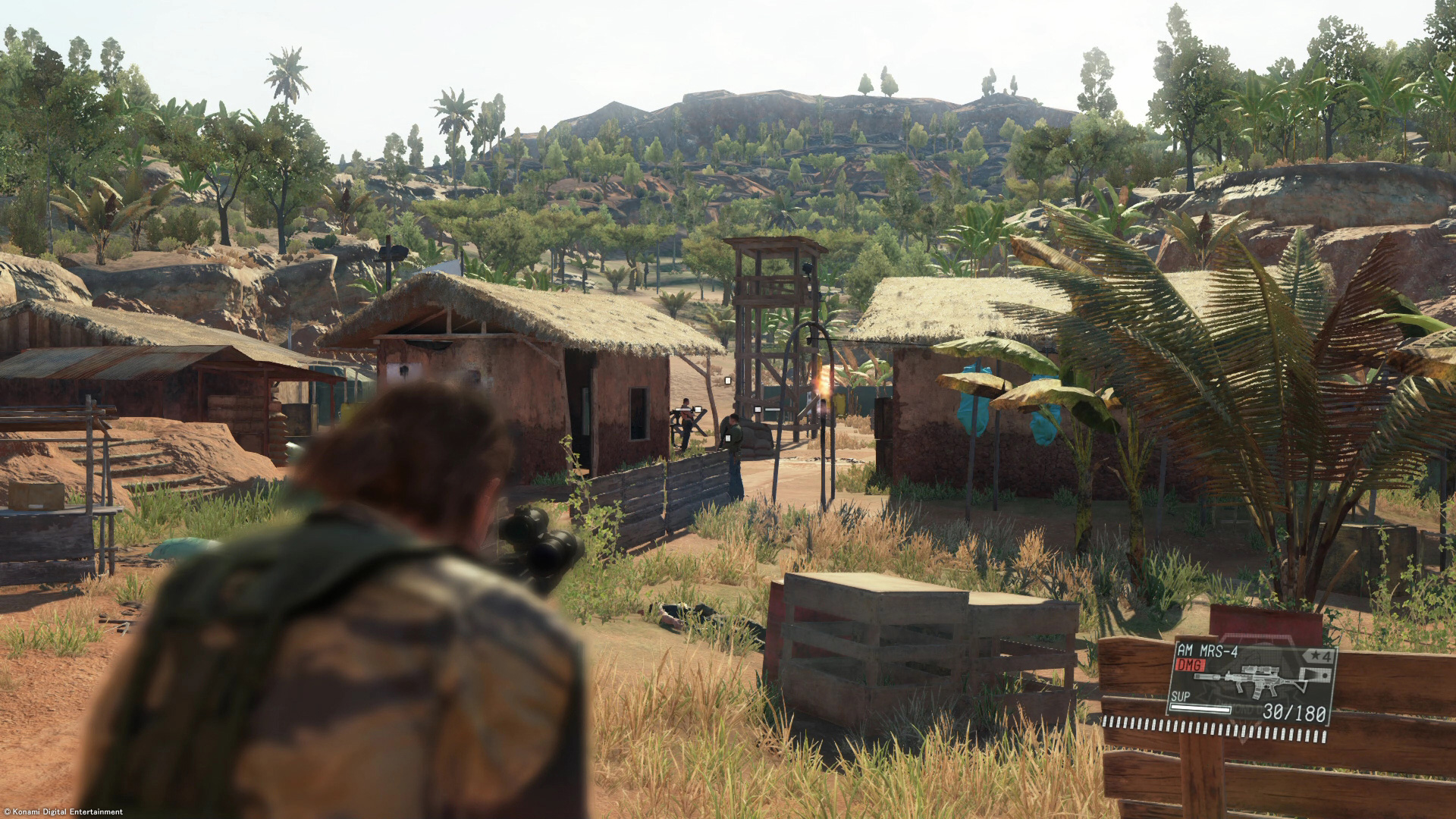
-
The Crew
